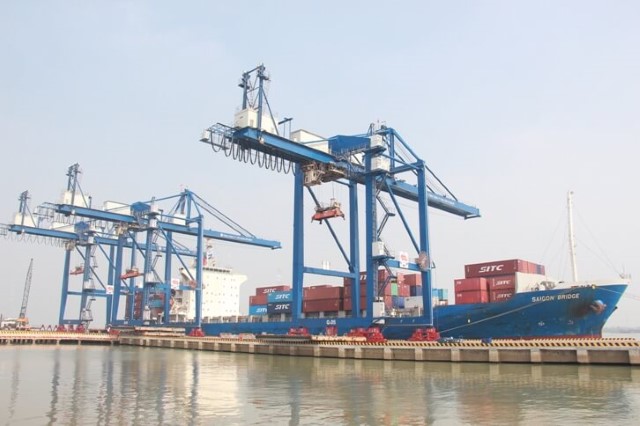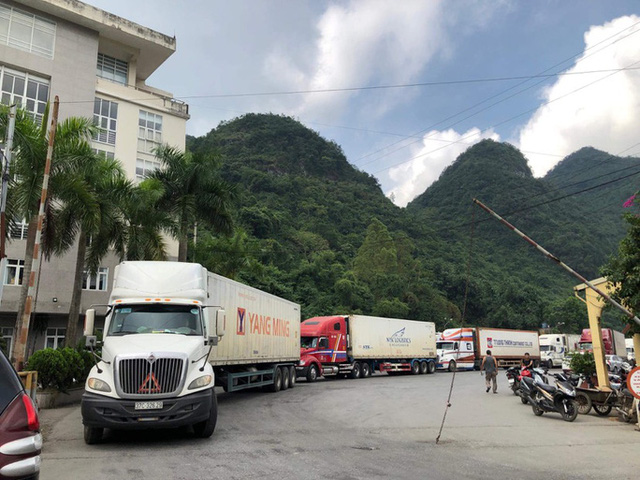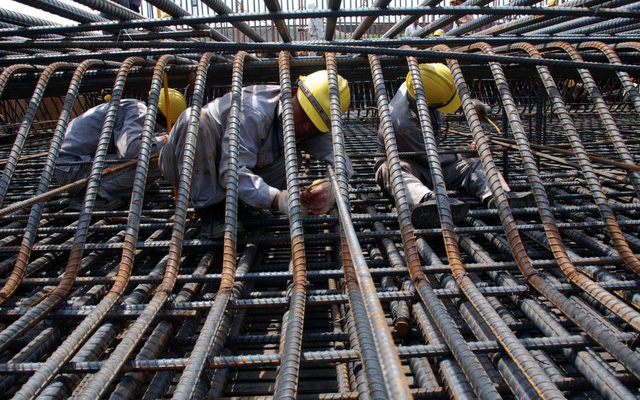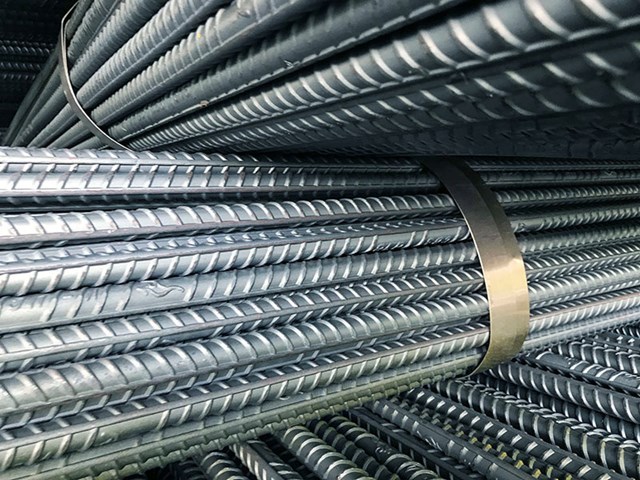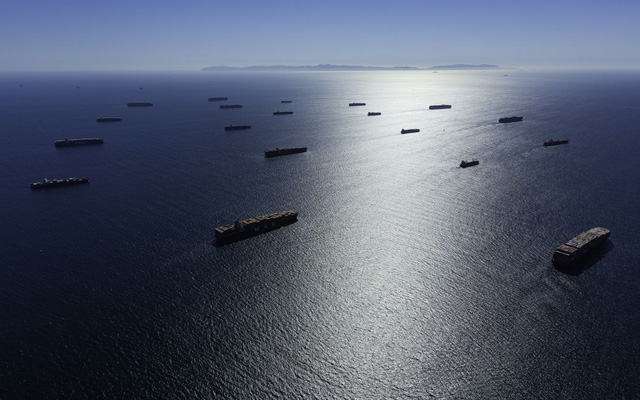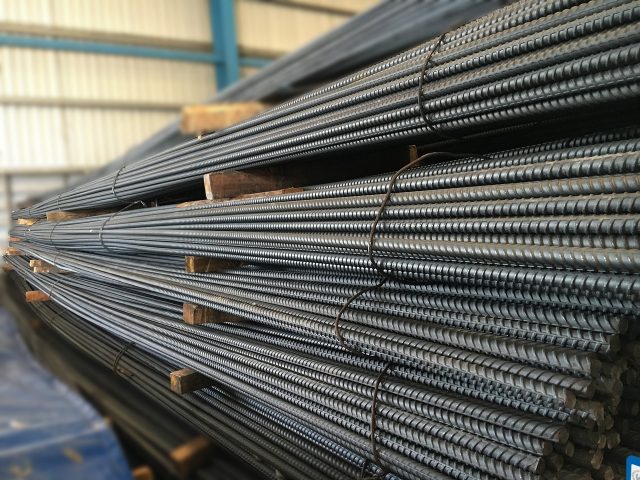VNDirect believes that cement exports in the period 2022 – 2023 will slow down because of factors such as low profits, China’s real estate market and export taxes.
According to VNDirect Securities, Vietnam’s cement and clinker exports in the period of 2022 – 2023 will decrease by 1.5 – 2% respectively over the same period, to 45 million tons due to factors from the Chinese market.
VNDirect pointed out that the current domestic cement demand is just under 65 million tons while the industry’s capacity scale has reached 107 million tons. This leads to a serious oversupply situation and causes the cement industry to cling to the “export buoy”.
In the 2017-2021 period, China forced many cement factories to close to reduce environmental pollution and lack of electricity for production. As a result, China from the world’s No. 1 clinker exporter in 2016 became an importer at the end of 2017.
Benefiting from the above trend, Vietnam’s cement exports have continuously grown strongly and reached 46 million tons in 2021, up 20% compared to 2020 and 3 times higher than 2016.
Export output has grown strongly, but the efficiency in export activities is not high because Vietnam mainly exports clinker (semi-finished cement), accounting for 63% of total export volume in 2021.
(Source: VNDirect)
According to the Vietnam Cement Association (VNCA), exporting clinker will reduce the value of products by at least 30-35% and Vietnamese enterprises will not benefit from the added value of finished cement.
In the face of great oversupply pressure, export is an important consumption channel to help Vietnam’s cement industry reduce inventory pressure and compete in the domestic market.
However, VNDirect believes that the high transportation costs and the risk of price pressure due to their great dependence on the Chinese market will not help Vietnamese cement enterprises improve profits from increasing export output in the short term. term.
In addition, the weakening of the residential real estate sector, which accounts for 30-35% of China’s total cement consumption, may affect the country’s cement demand in 2022.
On the other hand, the Ministry of Finance said that the clinker export tax is expected to increase from 5% to 10% from January 1, 2023 to limit mineral exports.
Declining clinker exports will increase competitive pressure on the domestic market. However, VNDirect believes that a 5% increase in export tax will not have too much impact on Vietnam’s export output when the oversupply in the domestic market is still very large.
T&G Import-Export Joint Stock Company
Address: 352 Hue Street, Le Dai Hanh Ward, Hai Ba Trung District, Hanoi
Hotline: 02473010868
Email: hrm@tginterjsc.com
Website: http://tgimportexport.com



